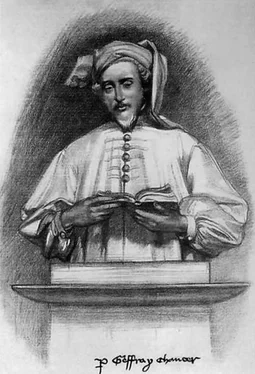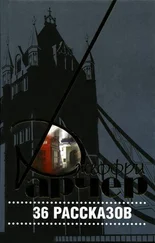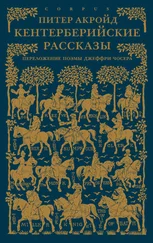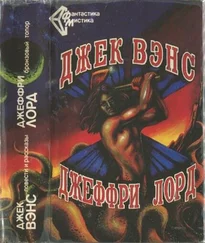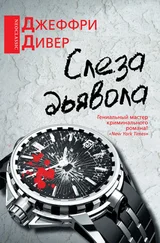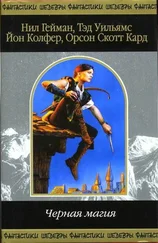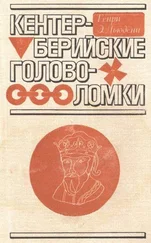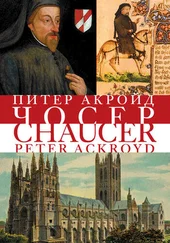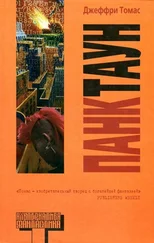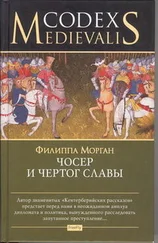Cooper Н. The Canterbury Tales. P. 11.
Хлодовский P.M. Джованни Боккаччо // История литературы Италии. М., 2000. Т. I. С. 473.
Cooper Н. The Canterbury Tales. P. 10.
Преподавание среднеанглийского языка, а стало быть, и чтение Чосера в подлиннике в наше время не является обязательным для студентов-филологов в Англии. Они читают Чосера и других средневековых авторов в рамках курса по выбору.
Baldwin R. The Unity of The Canterbury Tales. Copenhagen, 1955. P. 24.
Ibid. P. 24.
Hoffman A.W. Chaucer’s Prologue to Pilgrimage: The Two Voices // Chaucer. Modem Essays in Criticism edited by E. Wagenkneght. L., Oxford and N. Y., 1971. P. 33.
Jones Т. Chaucer’s Knight. The Portrait of a Medieval Mercenary. Baton Rouge, 1980. P. 140.
Lester G.A. Chaucer’s Knight and Medieval Tournament // Neophilologus. 1982. V. 66. P. 460-468; Keen M. Chaucer’s Knight, the English Aristocracy and the Crusade // English Court Culture in the Later Middle Ages. L., 1983. P. 45-61.
Brewer D.S. Chaucer’s Knight as Hero and Machaut’s Prise d’Alexandrie // Heroes and Heroines in Medieval English Literature. Cambridge, 1994. P. 81-96.
Barr H. Chaucer’s Knight: A Christian Killer? // The English Review. Nov. 2001. V. 12. P. 2.
The Riverside Chaucer. P. 802.
Bowden М. A Commentary on the General Prologue to the Canterbury Tales. N.Y., 1948. P. 93.
Lowes J.L. Convention and Revolt in Poetry. N.Y., 1919. P. 60-61.
Дживилегов А.К. Чосер // История английской литературы. М.; Д., 1943. T. I, вып. 1. С. 158.
Bowden М. Op. cit. Р. 22.
Lumiansky R.M. Of Sondry Folk. Austin, 1955. P. 132. Правда, по этому поводу есть и другие мнения. См., напр., упомянутую в предыдущей сноске книгу Бауден.
Bowden М. Op. cit. Р. 155.
Mann J. Chaucer and Medieval Estates Satire. Cambridge, 1973. P. 74.
Bowden M. Op. cit. P. 165.
В подлиннике эта фраза звучит так: Nowher so bisy a man as he ther nas, / And yet he seemed bisier than he was — Нигде не было более занятого человека, и однако он выглядел более занятым, чем был на самом деле.
The Riverside Chaucer. P. 814.
Trevelyan G.M. England in the Age of Wycliffe. L., 1925. P. 54.
Cooper Н. The Canterbury Tales. Р.49.
Bowden М. Op. cit. Р. 218.
Bowden М. Op. cit. Р. 247.
Ibid. Р. 267.
The Riverside Chaucer. P. 34.
См., напр., Curry W.D. Chaucer and the Medieval Sciences. Oxford, 1926. P. 59.
Miller R.P. Chaucer’s Pardoner, The Scriptural Eunuch, and The Pardoner’s Tale // Speculum. Vol. 30 (1955). P. 180-199.
The Riverside Chaucer. P. 824.
Donaldson Т. Е. Speaking of Chaucer. L., 1970. P. 8.
Nolan В. «А Poet Ther Was»: Chaucer’s Voices in the General Prologue to The Canterbury Tales // Geoffrey Chaucer’s The General Prologue to the Canterbury Tales. P. 133.
Ibid. Р. 140.
Mann J. Chaucer and Medieval Estates Satire. The Literature of Social Classes and The general Prologue to The Canterbury Tales. Cambridge, 1973.
Pratt R.A. Chaucer's Use of the Teseida // PMLA. 1947. V. 62. P. 598-621.
Оверченко М. В. Неидеальное приключение идеального рыцаря // Сэр Гавейн и Зеленый Рыцарь. М., 2003. С. 108.
Oakden J.P. Alliterative Poetry in Middle English. L., 1968. P. 257-261.
См., напр., Cooper H. The Structure of The Canterbury Tales. Oxford, 1983. P. 94.
Muscatine Ch. Chaucer and the French Tradition. L., 1957, P. 178.
The Riverside Chaucer. P. 409-410.
Muscatine Ch. Op. cit. P. 181.
Pearsall D. The Canterbury Tales. L. and N. Y., 1993. P. 132.
Боэций . Утешение философией и другие трактаты. М., 1990. С. 211.
Там же. С. 225.
Cooper Н. The Canterbury Tales. P. 60.
Curry W.C. Chaucer and the Medieval Sciences. Oxford, 1926.
Боэций. Указ. соч. С. 222-223.
См., напр., Aers D. Chaucer, Langland and the Creative Imagination. L., 1980.
Боэций . Указ. соч. С. 223.
Там же.
Nykrog P. Courtliness and the Townspeople: The Fabliaux as a Courtly Burlesque // The Humor of the Fabliaux: A Collection of Critical Essays. Columbia: University of Missouri Press, 1974. P. 59-73. См. также Nykrog P. Les Fabliaux, Geneva, 1973.
См., напр., Donaldson Т.Е. Speaking of Chaucer. L., 1970. P. 18.
Некоторые исследователи видят в словах Николаса, обращенных к Алисон, непристойный каламбур: Iwys, but if ich have my wille, / For deeme love of thee, lemman, I spille. Однако не все ученые согласны с этим.
См., напр.: Pearsall D. Op. cit. P. 176.
Parry J.D. Interpreting female agency and responsibility in the Miller’s Tale and the Merchant’s Tale // Philological Quarterly. Spring 2001. V. 80.
Читать дальше
Конец ознакомительного отрывка
Купить книгу
